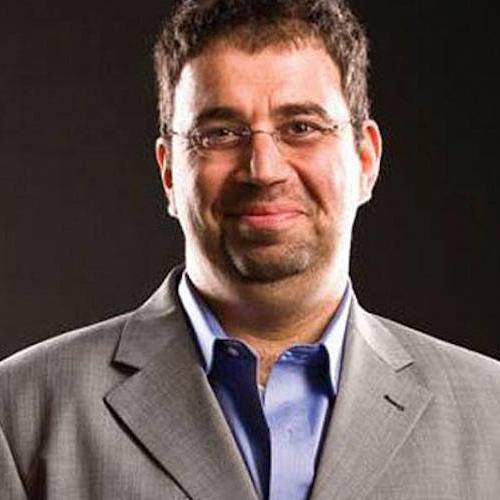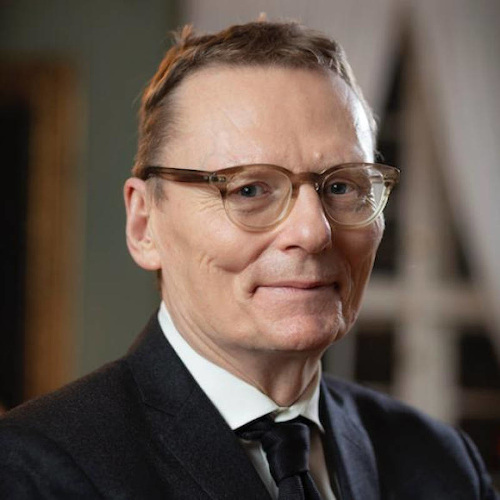
Daron Acemoglu, Simon Johnson, and James A. Robinson have won the 2024 Nobel Prize in Economics for their research into why some nations are more prosperous than others. According to the Nobel committee from the Royal Swedish Academy of Sciences, the trio has shown how crucial societal institutions are to a country’s prosperity. They pointed out that societies with weak rule of law and exploitative institutions tend to struggle with growth and progress. Their work sheds light on why this happens.
Jakob Svensson, Chairman of the Committee for the Prize in Economic Sciences, noted that bridging the huge income gap between countries is one of the greatest challenges of our time. He added that the laureates have traced the historical roots of the weak institutions seen in many low-income nations today.
The announcement comes just a day after a World Bank report revealed that the world’s 26 poorest countries, which are home to 40% of the most poverty-stricken people, are now more in debt than at any point since 2006—a stark reminder of the setbacks in the global fight against poverty.
The Nobel winners argue that the key to understanding why countries’ economic fortunes differ lies in the quality of their economic and political institutions.
Also Read: Bootstrapping in Statistics : A Powerful Tool for Inference
2024 Nobel Prize in Economics Winners:-

Daron Acemoglu was born in Istanbul, Turkey. He got his undergrad degree from the University of York, then went on to earn an MSc and Ph.D. from the London School of Economics. He moved to the U.S. in 1993 and became a professor of economics at MIT. Acemoglu has coauthored several notable books with James Robinson, including Why Nations Fail and The Economic Origins of Dictatorship and Democracy. In 2023, he teamed up with Simon Johnson to write Power and Progress: Our Thousand-Year Struggle Over Technology and Prosperity.

Simon Johnson, originally from the UK, completed his BA at the University of Oxford and an MA at the University of Manchester before moving to the U.S. as an international student to earn his Ph.D. at MIT. Besides co-authoring Power and Progress with Acemoglu, Johnson has also written Jump-Starting America with Jonathan Gruber. He has been active in global affairs, serving as chief economist at the IMF from 2007-08. In 2024, he published a paper with Catherine Wolfram on strengthening enforcement of the Russian oil cap for the Brookings Institution.

James Robinson, also from the UK, earned his BSc from the London School of Economics and his MA from the University of Warwick. He later pursued his Ph.D. at Yale University in the U.S. Robinson became a professor at the University of Chicago in 2015 and has held the Reverend Dr. Richard L. Pearson Professorship of Global Conflict Studies since 2016. He has taught at Harvard, U.C.-Berkeley, and other institutions and coauthored The Narrow Corridor: States, Societies, and the Fate of Liberty with Acemoglu, earning multiple awards throughout his career.
In a 2004 joint paper published by the National Bureau of Economic Research, Acemoglu, Johnson, and Robinson argued that economic institutions are key to differences in global economic development. They explained that growth-friendly economic institutions emerge when political institutions give power to groups that support broad-based property rights enforcement, impose limits on power-holders, and reduce opportunities for corruption.